Get Poison Sumac Removal in Philadelphia, PA
Poison sumac removal services help Philadelphia property owners eliminate toxic plants from yards, wooded areas, or landscaping to ensure safety and prevent health risks.
Poison sumac is a common concern for property owners in Philadelphia, PA, especially those planning outdoor projects or maintaining landscaped areas. Recognizing this hazardous plant early can help prevent potential health issues and protect the safety of everyone on the property. If you're considering clearing or managing overgrown areas, exploring options for professional poison sumac removal can be a practical step toward keeping your outdoor space safe and accessible.
Property owners seeking reliable solutions often compare local service providers to find experienced contractors capable of handling poison sumac removal effectively. Connecting with qualified local professionals allows for informed planning and ensures the work is completed according to safety standards. Keep reading to learn more about how to identify the right experts for your project and to explore your options for managing poison sumac on your property.
- Poison Sumac Removal - needed when poison sumac plants have spread across a property in neighborhoods like Fishtown or South Philadelphia.
- Poison Sumac Removal - required for homeowners in suburban areas of Philadelphia experiencing increased plant growth in their yards.
- Poison Sumac Removal - essential when poison sumac poses a risk to children playing in local parks or schoolyards.
- Poison Sumac Removal - necessary for property owners dealing with invasive plants encroaching on wooded or natural areas near Philadelphia.
- Poison Sumac Removal - sought after when landscaping projects uncover poison sumac that needs to be safely removed before work begins.
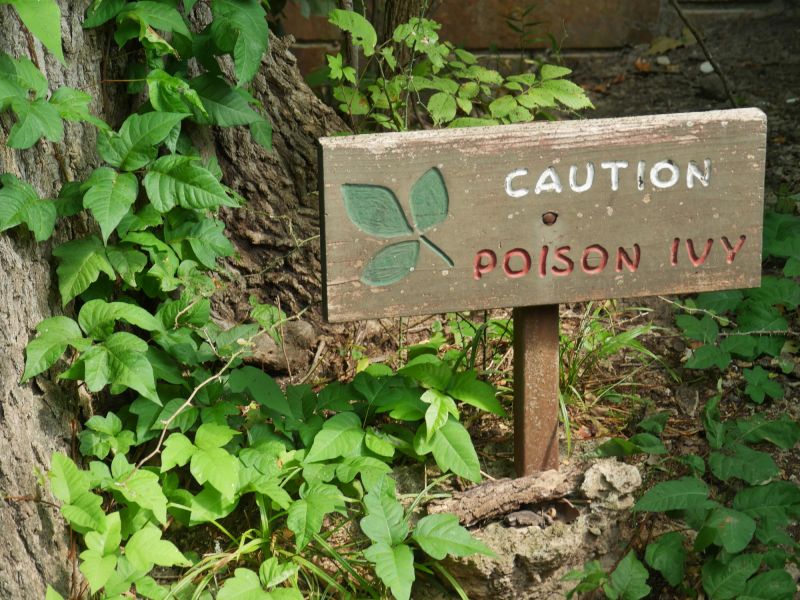
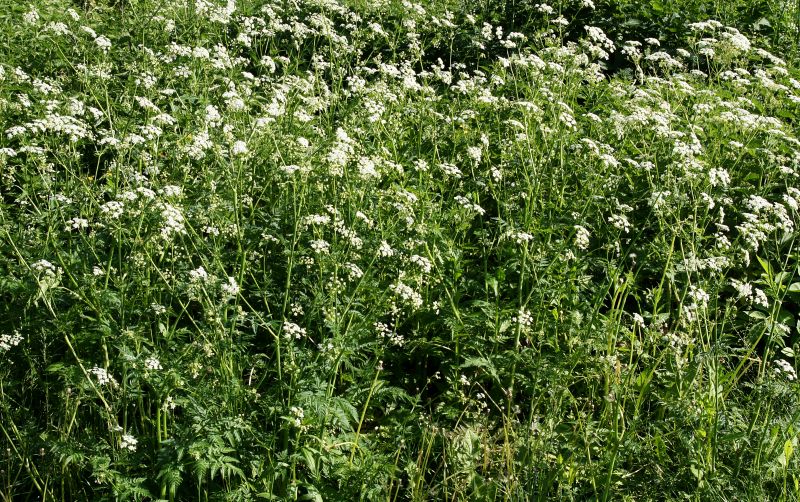
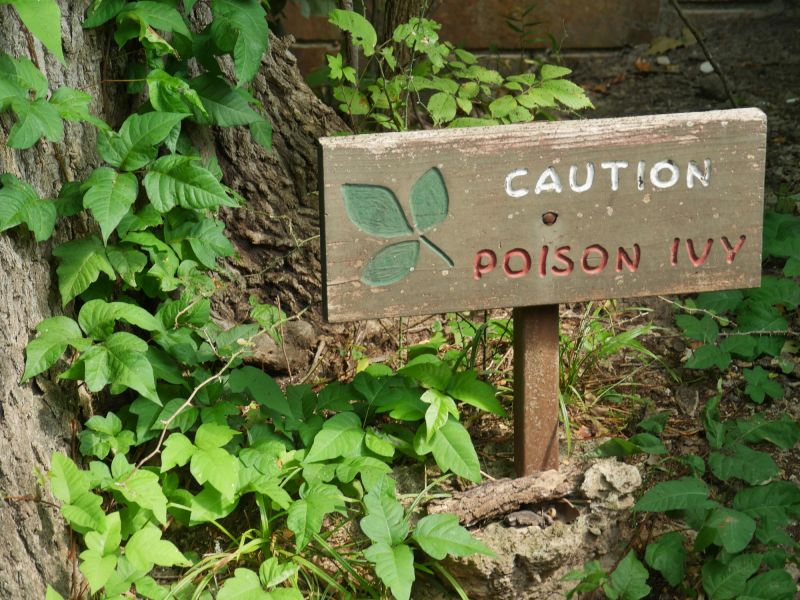
Poison sumac removal services involve identifying and safely eliminating this highly toxic plant from residential or commercial properties. These services typically include thorough site assessments to locate all poison sumac plants, followed by careful removal using specialized tools and techniques. The goal is to ensure that the plants are completely eradicated to prevent future growth and reduce the risk of exposure to anyone on the property. Trained service providers understand how to handle the plants safely, minimizing the chance of accidental contact with the toxin that causes skin irritation and allergic reactions.
Poison sumac can cause serious health problems for anyone who comes into contact with it. The plant’s oil, called urushiol, can trigger severe skin rashes, itching, and swelling. In some cases, exposure can lead to more intense allergic reactions or respiratory issues if the plant’s dust or debris becomes airborne during removal. Property owners often seek professional removal services when the plant has grown extensively, is in hard-to-reach areas, or is near play areas, gardens, or outdoor living spaces. Removing poison sumac helps create a safer environment, especially for families with children or individuals with sensitive skin.
These removal services are commonly used on a variety of property types, including single-family homes, apartment complexes, parks, and commercial properties. Properties with wooded areas, fences, or landscaping that includes native plants are particularly susceptible to poison sumac growth. It’s often found in moist, low-lying areas such as the edges of ponds, marshy spots, or shaded woodland edges. Property owners who notice a sudden increase in skin irritation after outdoor activities or see unfamiliar plants with clusters of smooth, grayish-green berries may need professional assistance to identify and remove poison sumac.
Engaging with experienced service providers can help property owners effectively manage and eliminate poison sumac from their land. Proper removal not only reduces health risks but also helps maintain the aesthetic and safety of outdoor spaces. If poison sumac is present or suspected on a property, reaching out to local contractors who specialize in plant removal can ensure the job is handled safely and thoroughly. This proactive approach supports a healthier, more enjoyable outdoor environment for families, tenants, and visitors alike.
The overview below groups typical Poison Sumac Removal projects into broad ranges so you can see how smaller, mid-sized, and larger jobs often compare in Philadelphia, PA.
In many markets, a large share of routine jobs stays in the lower and middle ranges, while only a smaller percentage of projects moves into the highest bands when the work is more complex or site conditions are harder than average.
Small-scale removal jobs - typical costs range from $250 to $600 for many routine poison sumac removal projects. Most local contractors handle these smaller jobs efficiently within this range. Larger or more complex projects may cost more, depending on the extent of the infestation.
Moderate-sized infestations - prices generally fall between $600 and $1,200. Many projects of this size are common in residential areas and tend to stay within this middle range. Costs can increase if additional landscaping or cleanup is required.
Large or extensive infestations - costs can reach $1,200 to $3,000 for significant poison sumac removal efforts. Fewer projects fall into this higher tier, often involving multiple properties or heavily wooded areas requiring specialized equipment.
Full property or complex removal - larger, more involved projects can exceed $3,000 and may reach $5,000+ depending on the size and difficulty. These projects are less common and typically involve extensive landscaping or multiple treatment sessions handled by experienced local service providers.
Actual totals will depend on details like access to the work area, the scope of the project, and the materials selected, so use these as general starting points rather than exact figures.
Invasive Plant Removal - local contractors skilled in identifying and safely removing invasive plant species, similar to poison sumac, to restore natural landscapes.
Brush Clearing and Thinning - professionals experienced in clearing dense brush and overgrown areas, which involves planning and the use of specialized tools akin to poison sumac removal efforts.
Tree and Shrub Trimming - service providers capable of trimming or removing trees and shrubs that may harbor or be affected by toxic plants like poison sumac.
Landscaping and Site Preparation - contractors who prepare outdoor spaces for planting or construction, requiring careful planning and environmental awareness similar to poison sumac removal.
Storm Damage Cleanup - local pros who clear debris and fallen branches from storm events, often working in overgrown or wooded areas where poison sumac may be present.
Weed and Grass Control - experts in managing unwanted vegetation, which involves knowledge of plant identification and removal techniques comparable to poison sumac eradication.
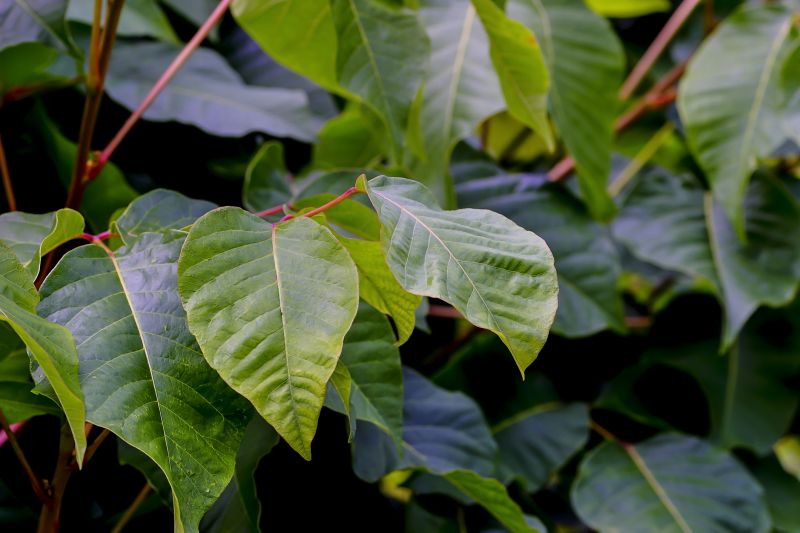
When evaluating potential service providers for Poison Sumac removal, it’s important to consider their experience with similar projects in the Philadelphia area. Homeowners should seek out local contractors who have a proven track record of handling plant removal or invasive species management. Asking about their familiarity with Poison Sumac specifically can provide insight into their expertise and confidence in managing the job effectively. An experienced professional is more likely to understand the best practices for safe and thorough removal, helping to ensure the health of the surrounding landscape.
Clear, written expectations are essential when comparing local contractors. Homeowners should look for providers who can offer detailed descriptions of their services, including the scope of work, methods used, and any precautions taken during removal. This transparency helps to avoid misunderstandings and ensures that both parties are aligned on what will be done. Clear communication about the process also allows homeowners to better prepare for the project and ask informed questions before making a decision.
Reputable references and strong communication are key indicators of a reliable service provider. Homeowners should seek out local contractors who can provide references from previous clients, especially those who have had similar Poison Sumac removal projects. Good communication throughout the process - including prompt responses to inquiries and clear explanations - can make the experience smoother and more predictable. It’s important to remember that this site introduces homeowners to local options; it does not perform the work itself. Choosing a qualified, communicative, and experienced professional can help ensure the project is completed effectively and to the homeowner’s satisfaction.
Property owners in Philadelphia, PA use Poison Sumac Removal services for practical projects around their homes and businesses. This guide focuses on everyday jobs and straightforward project options.
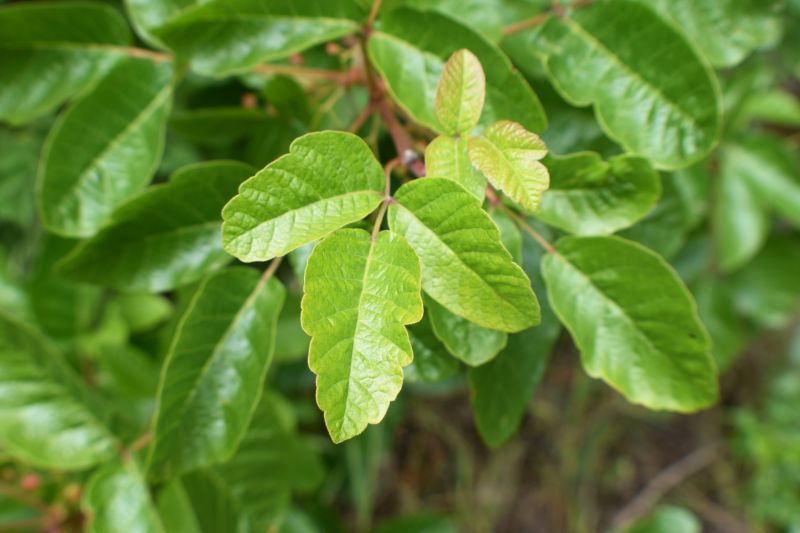
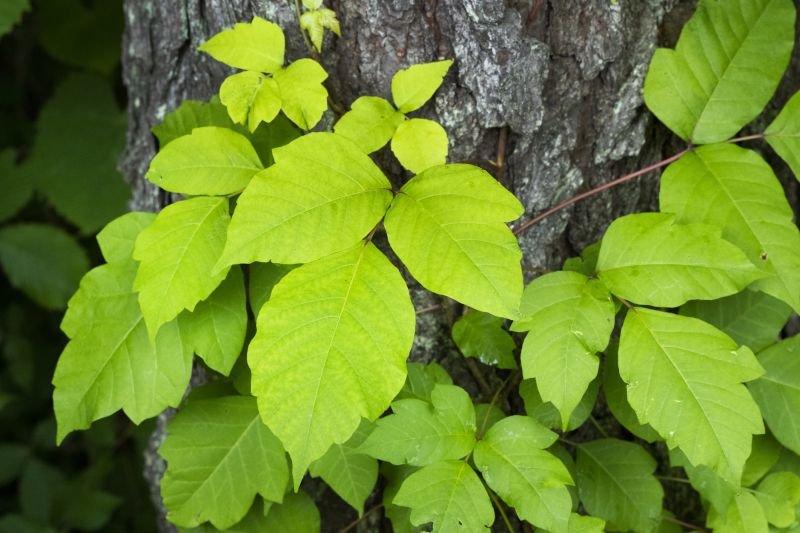
Poison sumac can become a common concern for property owners in Philadelphia, PA, especially those with wooded yards, overgrown areas, or landscaping that has been left unmanaged. When this toxic plant starts to spread across a property, it can pose health risks to residents, pets, and visitors. Many property owners seek professional poison sumac removal services to safely eliminate the plant and prevent it from spreading further, ensuring the outdoor space remains safe and accessible.
In addition to health concerns, property owners might look for poison sumac removal when preparing for outdoor events, landscaping projects, or routine yard maintenance. Overgrown patches can detract from the appearance of a property and make regular upkeep more difficult. Local contractors experienced in poison sumac removal can help clear these problematic areas efficiently, restoring the yard’s safety and aesthetic appeal without the need for extensive DIY efforts.
What is poison sumac and how does it affect my property? Poison sumac is a plant that can cause skin irritation and allergic reactions. It often grows in wet, wooded areas and can spread across lawns or landscapes, making removal necessary for safety and health.
How do local contractors remove poison sumac safely? Local service providers typically use protective gear and specialized tools to carefully remove poison sumac plants, minimizing the risk of skin contact and environmental impact.
Can poison sumac removal help prevent future growth? Yes, professional removal often includes clearing existing plants and advising on methods to prevent regrowth, helping to keep the area safe over time.
What should I do if I suspect poison sumac on my property? It is recommended to contact experienced local contractors who can assess the area and perform safe removal if necessary.
Are there any signs that indicate poison sumac is present? Common signs include clusters of small, white berries and leaves that are smooth and arranged in groups of seven, often growing in wet or marshy areas.
Poison Sumac Removal for Landscaping Projects - Local contractors can safely remove poison sumac to improve the appearance and safety of garden beds and lawn areas.
Clearing Poison Sumac Before Outdoor Events - Service providers can eliminate poison sumac to ensure outdoor spaces are safe and accessible for gatherings and family activities.
Preventing Poison Sumac Spread in Yards - Professionals can identify and remove poison sumac to stop its growth from spreading to other parts of the property.
Maintaining Safe Play Areas for Children - Local pros can remove poison sumac from yards to create a safer environment for children’s outdoor play.

If you are thinking about Poison Sumac Removal for a property in Philadelphia, PA, this guide is meant to help you understand the work, the typical project types, and how different options might fit your plans.
When you are ready, you can use the quote form on this page to share a few details about your project. From there, local pros can review the basics and respond with options that match what you have in mind.



